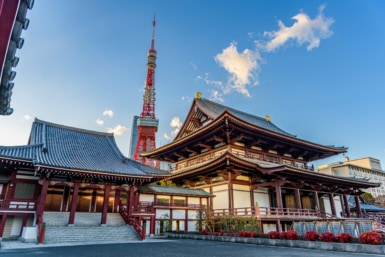The casino question has turned into a high stakes political gamble, and the odds seem stacked against Shinzo Abe.
According to a recent Reuters story, the Japanese Prime Minister deems opening new casinos to be “a pillar of his economic growth policy.” But a parliamentary debate on the issue has been postponed, leaving the PM hard pressed to pass a casino legalization bill in time to capitalize on the 2020 Olympics in Tokyo.
But pressure is mounting on Abe to successfully pass the bill, Al Jazeera reports, most recently in the form of a “startling 6.8 percent plunge in the first quarter of 2014’s fiscal year.” Pundits say an annual $40 billion in relief could come from Abe’s gambling bid, as Las Vegas Sands Corp, Caesars Entertainment Corp and other foreign companies campaign to open casinos in Japan.
Critics, however, say those benefits are outweighed by several risks. Koji Niisato, former VP of the Japan Federation of Bar Associations, told reporters that too many Japanese citizens already spend large amounts of time and money on pachinko, adding that “addiction to gambling … [is already a] serious problem for society …[and] opening casinos in Japan would make this problem even worse.” These concerns are supported by a recent Health Ministry study that found that 4.8 percent of Japanese adults could be described as chronic gamblers. And because many of these problem gamblers avoid treatment, due to a “strong culture of ‘shame’ surrounding addiction … Legalizing gambling could open a Pandora’s box.” There is also a fairly strong groundswell of public dissent against the idea of opening casinos in the country. The results of a recent survey cited in the Las Vegas Review Journal (LVRJ) found that 60 percent of Japanese citizens are against Abe’s casino bid.
Some take a slightly more sanguine view about the issue, however; gambling researcher Takashi Kiso refuted that dire outlook with a Tweet: “…with 11,000 pachinko parlors and many other legalized gambling outlets in Japan, the addition of two to four casinos wouldn’t change the addiction problem.”
—Kyle Mullin
Feature image: sebra / Shutterstock.com
Updated On March 3, 2021








